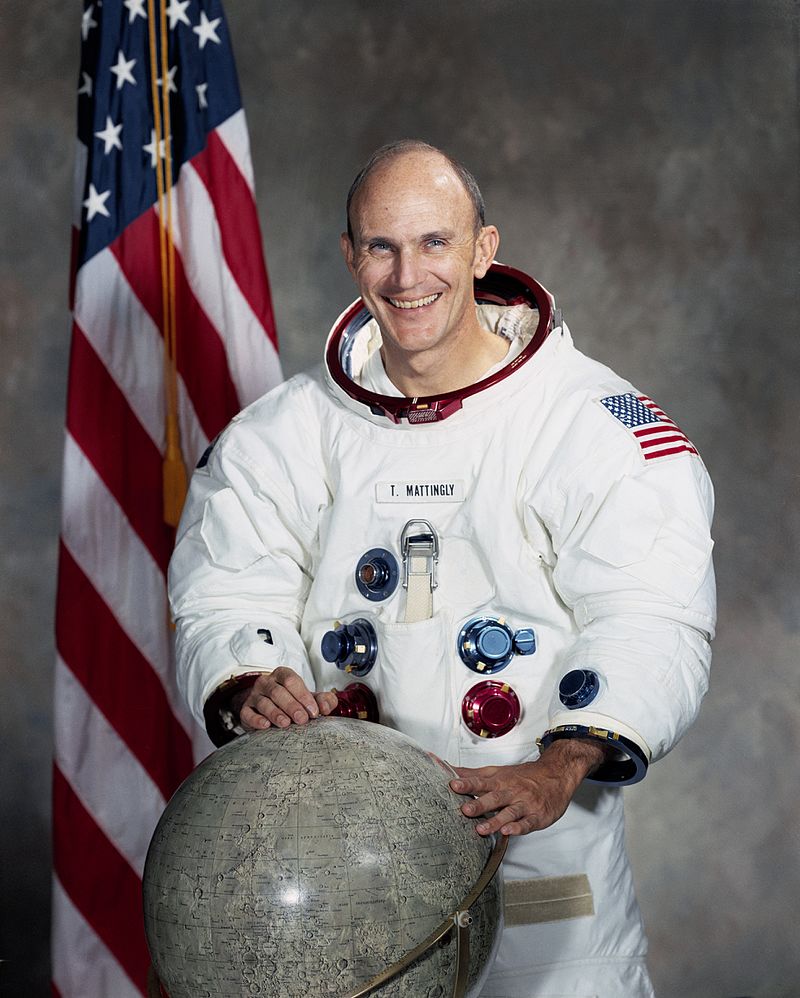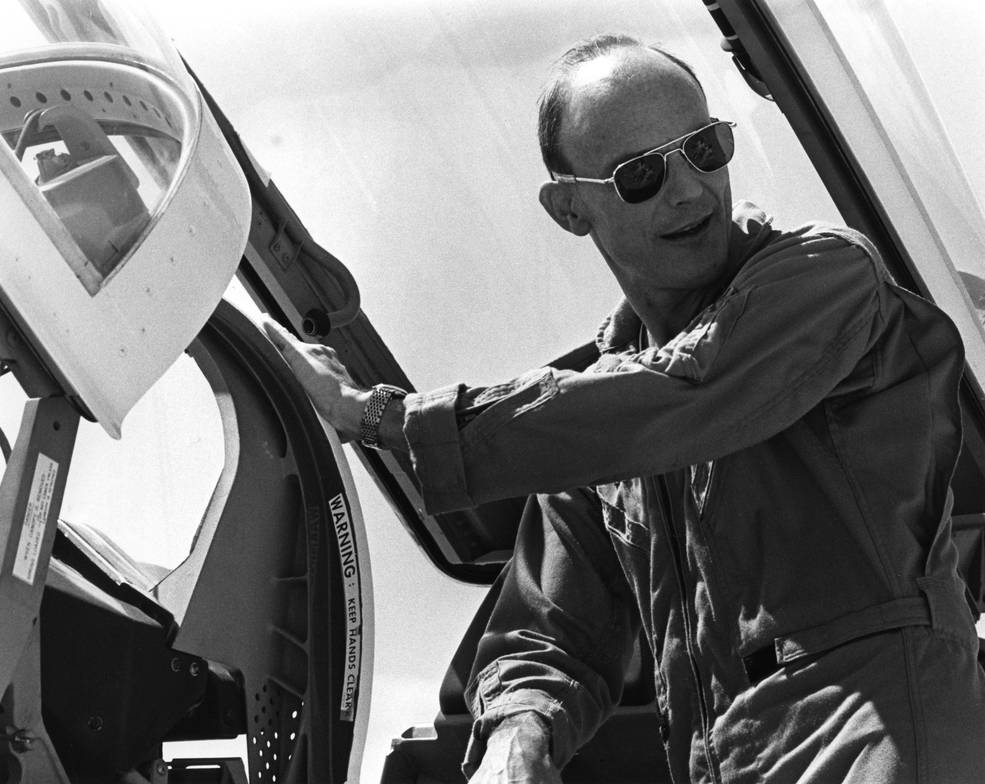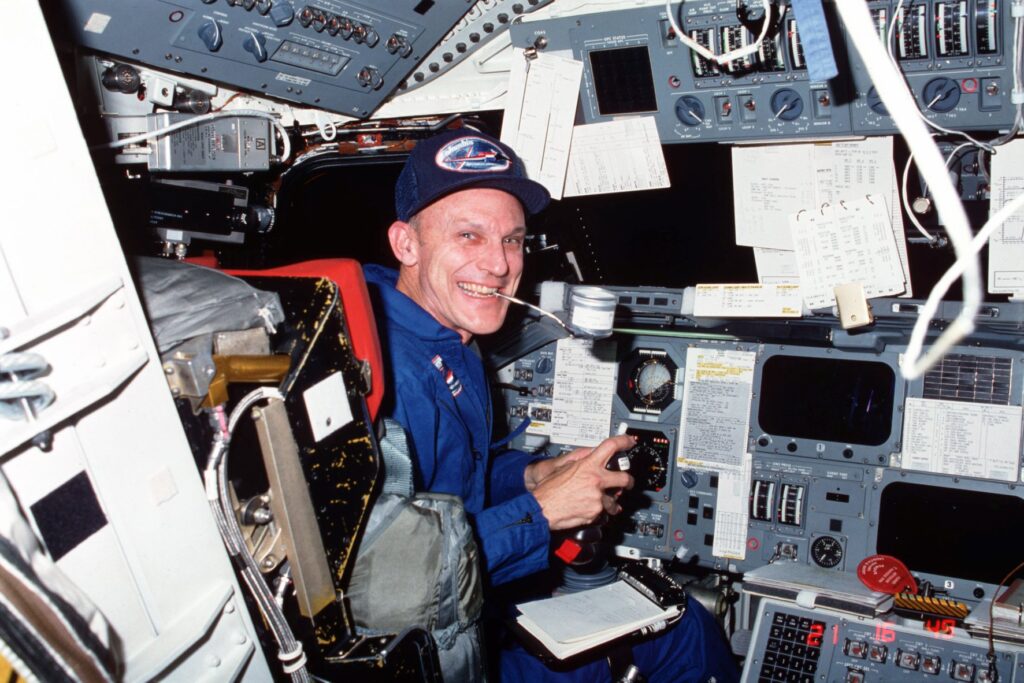On October 31, former astronaut Ken Mattingly passed away at the age of 88. This is stated in a message published on the NASA website.

Thomas Kenneth Mattingly was born on March 17, 1936 in Chicago. In 1958, he received a Bachelor of Science degree in aeronautical engineering from Auburn University, after which he joined the US Navy. In total, he flew 5,000 hours on jet planes.

In 1966, Ken Mattingly joined the fifth set of NASA astronauts. Initially, he was a member of the Apollo 8 mission reserve team, and later trained in parallel with William Anders as a backup pilot of the Apollo 11 command module. Anders was going to leave NASA in August 1969, and if the launch date was postponed, he would be unavailable.
Mattingly was then assigned to the Apollo 13 expedition. But just three days before the start, due to contact with a rubella carrier, he was replaced by Jack Swigert. But in the end, Mattingly never got sick. While on Earth, he helped the spacecraft’s crew to cope with numerous problems that arose due to an explosion in the command module and ensure their successful return to Earth.
After that, Mattingly was included in the Apollo 16 expedition, which went to the Moon on April 16, 1972. Mattingly remained in the command module in lunar orbit while two other crew members landed on the Moon.
Ken Mattingly became one of the few astronauts of the Apollo era who waited for NASA to switch to shuttles. In total, he flew two space shuttle missions: in 1982 (STS-4 mission) and 1985 (STS-51-C mission). Thereafter, Mattingly retired and in the following years worked in the private sector.

Currently, out of the twenty-four astronauts who flew to the Moon as part of the Apollo program, nine remain alive. Four landed on its surface, and five more saw it from orbit. The youngest of the Apollo astronauts is 88 years old.
Follow us on Twitter to get the most interesting space news in time
https://twitter.com/ust_magazine
